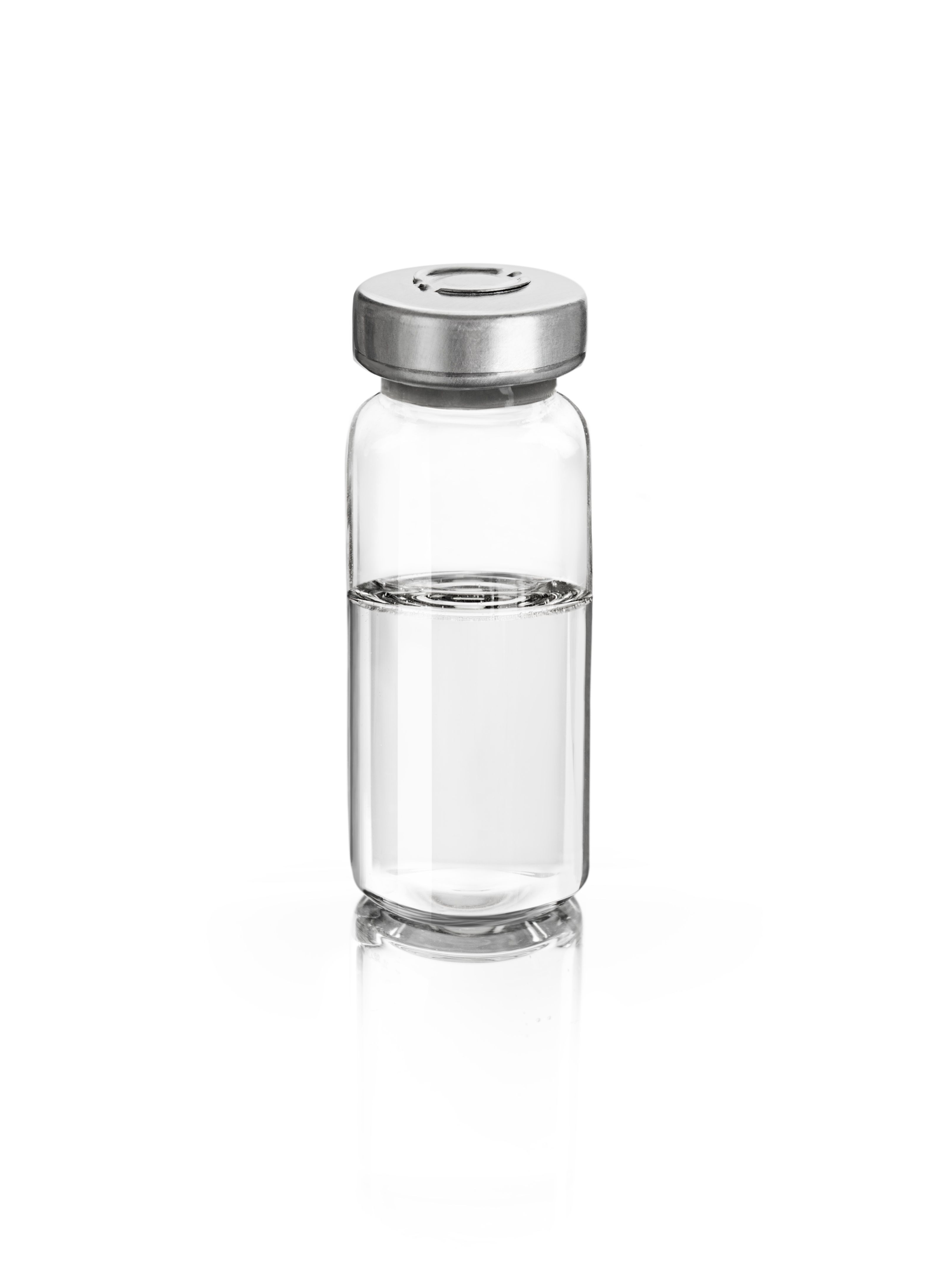- Bone Health
- Immunology
- Hematology
- Respiratory
- Dermatology
- Diabetes
- Gastroenterology
- Neurology
- Oncology
- Ophthalmology
- Rare Disease
- Rheumatology
MIL60 Bevacizumab Biosimilar Candidate Demonstrates Equivalence in NSCLC
MIL60 bevacizumab biosimilar candidate demonstrates equivalence to the originator Avastin in a population of Chinese patients with non–small cell lung cancer (NSCLC) treated in a frontline setting.
Investigators in China reported positive equivalence findings from a phase 3 trial of a bevacizumab biosimilar candidate (MIL60) and platinum-based chemotherapy as first-line treatment in Chinese patients with recurrent or advanced non–small cell lung cancer (NSCLC).
The findings, presented in poster form at the European Society for Medical Oncology (ESMO) Congress 2021, showed MIL60 is highly similar to the originator bevacizumab (Avastin) in terms of pharmacokinetics (PK), immunogenicity, and safety. MIL60 is a biosimilar candidate under development by Beijing Mabworks Biotech.
Trial Design
Patients with stage IV or recurrent NSCLC and no previous history of systemic antitumor therapy were randomized 1:1 to 6 cycles of 15-mg/kg intravenous MIL60 plus carboplatin/paclitaxel (n = 253, full analysis set [FAS]) or similar dosing of reference bevacizumab plus carboplatin/paclitaxel (n = 255, FAS).
Patients then received MIL60 maintenance therapy (7.5 mg/kg). This afforded further evaluation opportunity through longer exposure.
The primary end point was the 12-week objective response rate (ORR) assessed by independent review committee (IRC), and secondary end points included 18-week ORR, duration of response (DoR), disease control rate, progression-free survival (PFS), overall survival (OS), and safety.
The IRC-assessed FAS ORRs for the biosimilar and reference cohorts were 48.6% (95% CI, 42.6%-57.8%) and 43.1% (95% CI, 37.4%-52.1%), respectively. Investigators noted the ORR finding of 48.6% for the Chinese patient population was significantly higher than in Western patients previously studied (38%).
Investigators observed no significant differences in median DoR, PFS, or OS. Median OS was 19.3 months and was comparable to previous study findings.
No patients in either cohort achieved complete response. The partial response rate was 48.6% and 43.1% in the biosimilar and reference groups, respectively. Stable disease was achieved by 44.3% and 45.5%, respectively.
Investigators reported no significant difference between the study arms in the incidence of treatment-emergent adverse events (TEAEs). In the biosimilar and reference cohorts, grade 3 or higher TEAEs were 70.3% and 72.6%, respectively; serious adverse events were 28.1% and 28.6%, and treatment-related TEAEs were 78.9% and 81.1%.
PK parameters also were similar for patients with advanced or recurrent NSCLC.
Reference
Wang J, Wan R, Dong X, et al. Efficacy and safety of MIL60, a bevacizumab biosimilar, in combination with paclitaxel/carboplatin in the patients with advanced or recurrent non-squamous non-small cell lung cancer: a randomized, double-blind, multicenter phase 3 study. Presented at: ESMO Congress 2021; September 16-21, 2021. Poster 1339P.
Newsletter
Where clinical, regulatory, and economic perspectives converge—sign up for Center for Biosimilars® emails to get expert insights on emerging treatment paradigms, biosimilar policy, and real-world outcomes that shape patient care.

